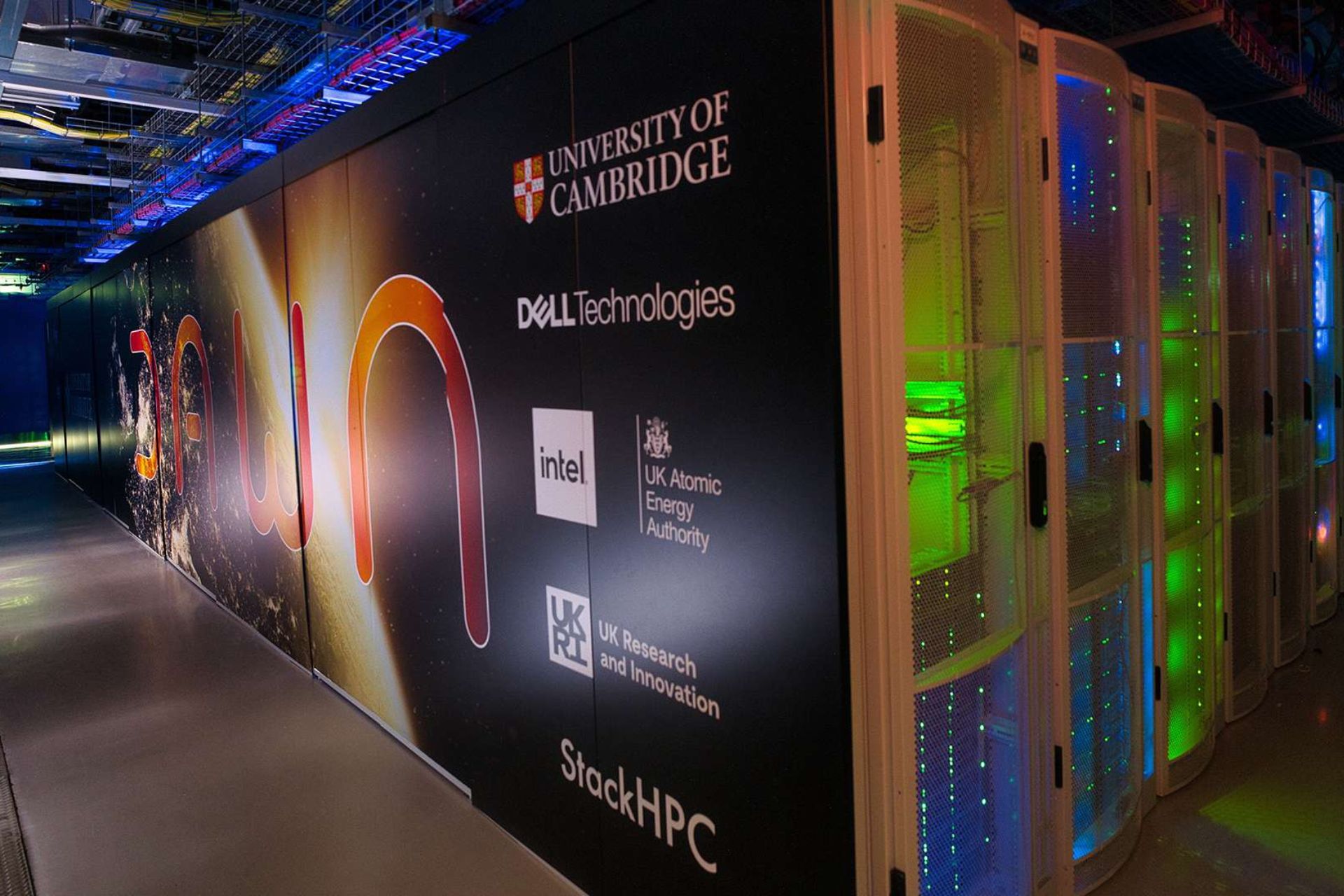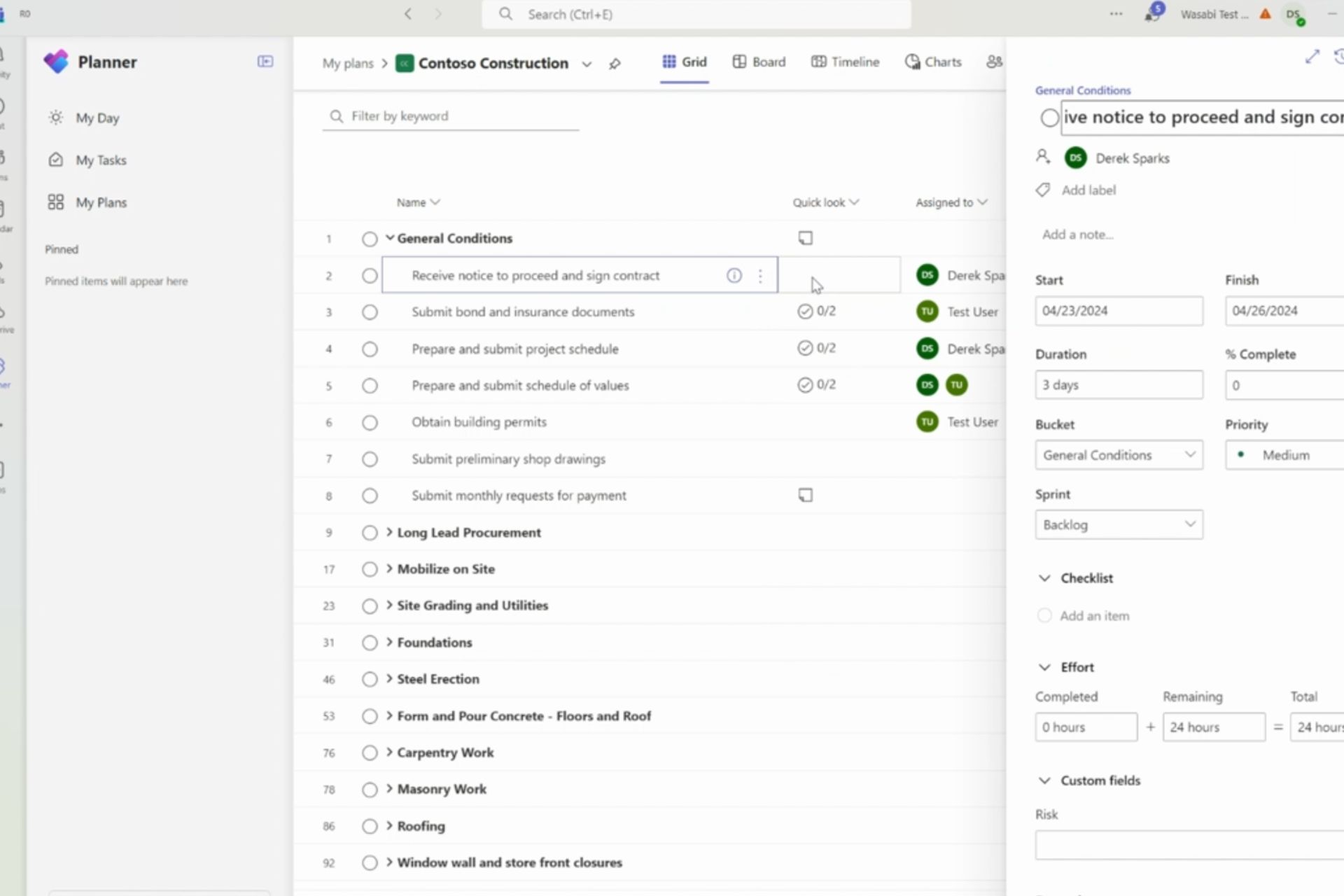Meet Dawn, UK's fastest AI supercomputer, made by Intel and Dell
Dawn is capable of a quintillion floating point operations per second.
3 min. read
Published on
Read our disclosure page to find out how can you help Windows Report sustain the editorial team Read more

Intel, Dell Technologies, the University of Cambridge, and UKAEA built Dawn, UK’s fastest AI supercomputer, in collaboration with UK Research, according to Intel’s latest announcement.
Dawn is carrying 4th Gen Intel® Xeon® Scalable processors, and Dell PowerEdge XE9640 direct liquid-cooled 2U servers in a quest to deliver the best performances on real-world scientific problems while managing the most demanding AI workloads.
Dawn considerably strengthens the scientific and AI compute capability available in the U.K., and it’s on the ground, operational today at the Cambridge Open Zettascale Lab. Dell PowerEdge XE9640 servers offer a no-compromises platform to host the Intel Data Center GPU Max Series accelerator, which opens up the ecosystem to choice through oneAPI.
Adam Roe, Intel
AI supercomputers have been the topic of discussion ever since AI gained the spotlight. Microsoft, a leader when it comes to AI, announced earlier this year that it’s working on such a supercomputer. Usually, AI supercomputers are much faster than the regular supercomputer, and Dawn is no expectation.
Dawn reportedly reaches the computed threshold of a quintillion (1018) floating point operations per second. For perspective: every person on earth would have to make calculations 24 hours a day for more than four years to equal a second’s worth of processing power in an exascale system, according to Intel. That’s quite a lot.
Dawn AI supercomputer: What will it be used for?
Dawn will be used to solve real-world scientific problems: from academic and industrial computational challenges to healthcare, green fusion energy development, and climate modeling challenges.
This AI supercomputer will also have a word to say in frontier science within cosmology and high-energy physics fields, according to Intel’s description.
Dawn is also experiencing 2 phases, and according to the companies involved, the AI supercomputer is currently in Phase 1, with Phase 2 scheduled to take place in 2024.
Dawn Phase 1 represents a huge step forward in AI and simulation capability for the U.K., deployed and ready to use now. The system plays an important role within a larger context, where this co-design activity aims to deliver a Phase 2 supercomputer in 2024 which will boast 10 times the level of performance. If taken forward, Dawn Phase 2 would significantly boost the U.K. AI capability and continue this successful industry partnership.
University of Cambridge
The press release offers more information about Dawn, however, Intel, Dell, and the other parties involved will share more details, including technical ones, at the Supercomputing 23 (SC23) conference in Denver, Colorado, taking place later this November.
What are your thoughts on Dawn?








